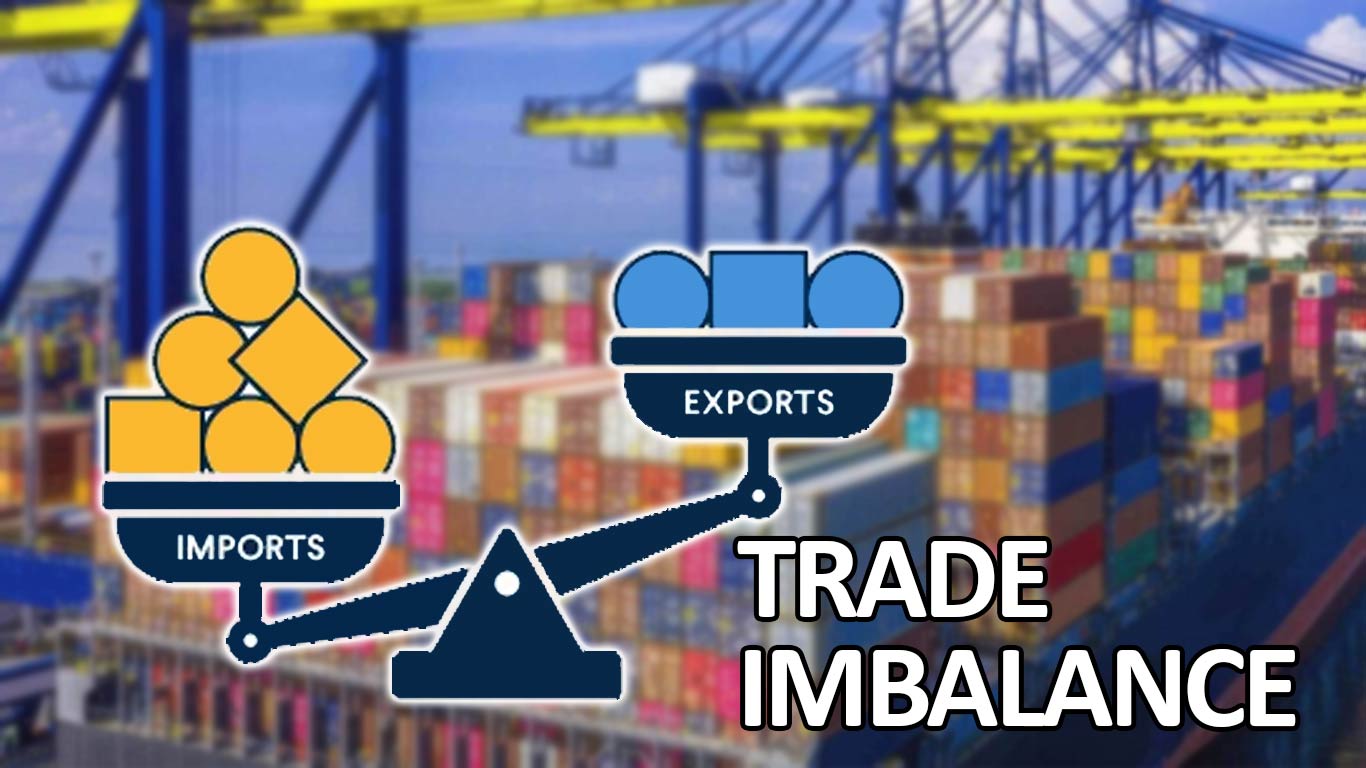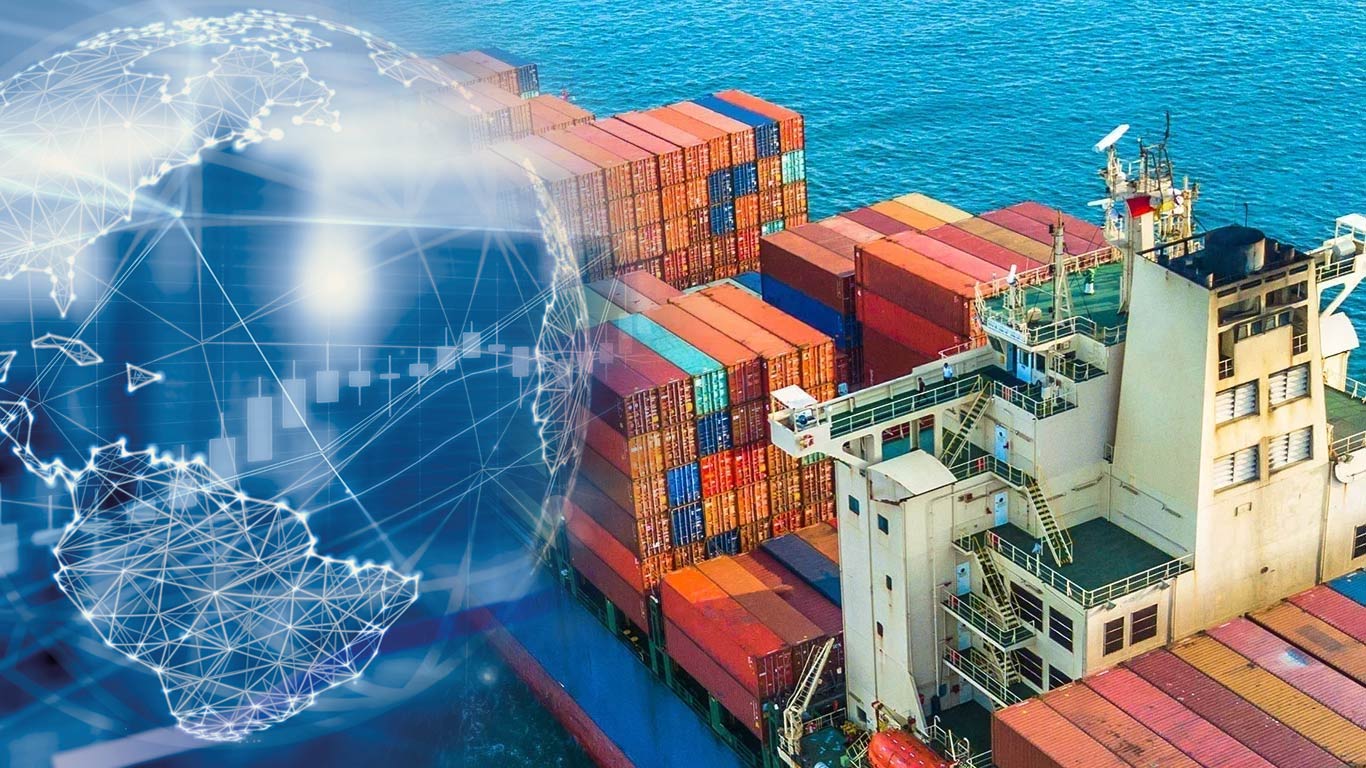CUTS International holds Regional Policy Dialogue to enhance regional cooperation in the Bay of Bengal region
Updated: May 03, 2018 07:38:47am

CUTS International holds Regional Policy Dialogue to enhance regional cooperation in the Bay of Bengal region
New Delhi, May 3 (KNN) Aiming to have an effective public-private dialogue between and among countries of the Bay of Bengal region to enhance regional cooperation and help operationalize BBIN Motor Vehicles Agreement, CUTS International a premier policy think tank organized a Regional Policy Dialogue on Connectivity Imperatives in the Bay of Bengal Region on May 2-3, 2018.
Around 60 subject experts from Bangladesh, Bhutan, India, Nepal and Myanmar participated in the event in the national capital.
CUTS, along with its country partners from Bangladesh, Bhutan, India, Nepal and Myanmar, conducted a study that aims to create an enabling environment and inclusive policy discourse, to facilitate trade, transport and transit connectivity between and among the BBIN group of countries and Myanmar.
Thus, study based discussion was conducted; keeping in mind various socio-economic and political economy aspects of regional connectivity initiatives to discuss the key insights.
The study also aimed at highlighting gains rising from a facilitative trade regime in terms of reduced costs for local producers, greater employment opportunities for local workers, enabling the underprivileged to access new opportunities and bringing economic prosperity to all, including women, equally.
Regional Policy Dialogue aims to deliberate on the research findings, share insights from various stakeholder groups and chart out specific and prioritized solutions and action agenda to further boost connectivity and regional cooperation.
The focal point of the meeting was to involve private sector in the process, inclusion of women, other marginalized and vulnerable communities which will directly or indirectly get impacted.
Various sessions were organized to deliberate on the topics related to Emerging Trends in Regionalism and Strategic Issues for Better Connectivity in the Bay of Bengal Region, how better connectivity between and among countries in the Bay of Bengal region will impact job creation and sustainable livelihoods.
During the discussion it was noted that one of the major issues that poses hurdle to effective implementation of initiatives like the BBIN MVA is that the majority of the stakeholders in the rural and remote locations of these countries lack awareness and knowledge about such enabling policies/frameworks and their positive outcomes.
Some groups of stakeholders are even apprehensive about the negative consequences of the implementation of such initiatives, as they might lose their current employment, while others have positive and welcoming approach towards it.
Keeping in mind various socio-economic and political economy aspects of regional connectivity initiatives, one of the key findings of the study was to form a Working Committee with representatives from all the member countries to monitor and serve as a platform for discussions and amicable settlement of disputes, as well as provide guidance to the member countries on implementation of the provisions of the MVA.
It also pointed that the time-cost-distance analysis concludes that the provisions under the BBIN MVA will definitely help in reducing the trade costs among the four member countries and, additionally, country-level efforts are necessary to provide the basic hard and soft infrastructure, which can further reduce the waiting time and cost.
The event will conclude today with key Policy Recommendations and an Action Agenda. (KNN/YV)











